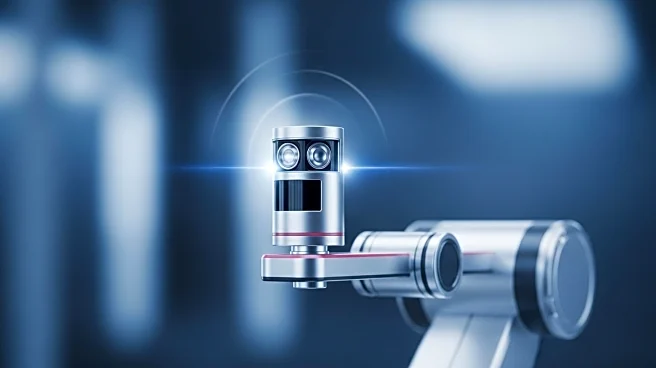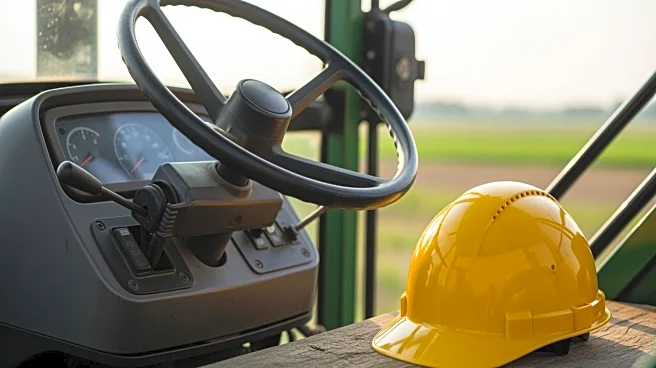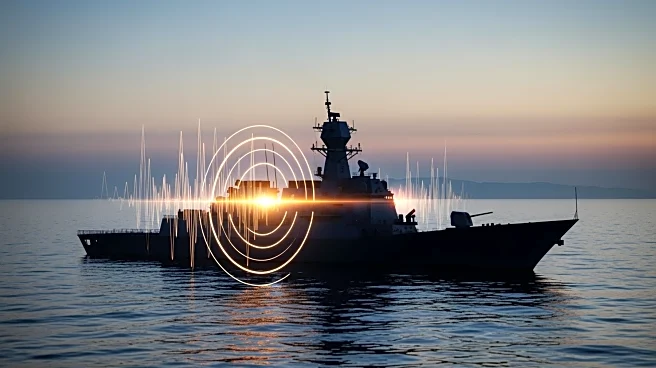What is the story about?
What's Happening?
Sonair, a company specializing in advanced sensing technology, has announced the global rollout of its ADAR (acoustic detection and ranging) system. This technology uses sound waves to provide robots with a precise, real-time 3D view of their surroundings, enhancing safety in environments shared with humans. The company has secured $6 million in funding from international investors, including Scale Capital and Investinor, to support this expansion. Sonair's CEO, Knut Sandven, emphasized the importance of integrating safety from the outset for robots operating alongside humans. The ADAR system offers a cost-effective alternative to LiDAR, providing precise 3D perception. The technology is particularly targeted at autonomous mobile robots in logistics and manufacturing, driven by increased warehouse automation, labor shortages, and new safety regulations. Sonair's technology has been tested with over 30 global companies, including Fuji Corporation in Japan, which is developing autonomous robots for retail environments.
Why It's Important?
The rollout of Sonair's ADAR system is significant as it addresses the growing need for safe interaction between humans and robots in various industries. With warehouse automation on the rise and labor shortages persisting, technologies that facilitate safe coexistence are crucial. In the U.S., warehouse workers reported a high injury rate, underscoring the need for improved safety measures. Sonair's technology offers a solution by reducing risks without adding complexity or cost to robotic systems. This development could lead to broader adoption of autonomous robots in logistics and manufacturing, potentially transforming these sectors by improving efficiency and safety. Investors have recognized Sonair's rapid progress from patent development to commercial shipments, highlighting the company's role in advancing robotics safety.
What's Next?
Sonair plans to continue its global expansion, leveraging the recent funding to drive long-term growth. The company aims to further integrate its technology into autonomous mobile robots across various industries, including logistics and manufacturing. As demand for safe robot-human interaction increases, Sonair's technology could become a standard in these sectors. The company will likely focus on enhancing its technology's capabilities and expanding its customer base. Stakeholders, including manufacturers and investors, will be closely monitoring the impact of Sonair's technology on industry safety standards and operational efficiency.
Beyond the Headlines
The introduction of Sonair's ADAR system may have broader implications for the robotics industry, particularly in terms of ethical and safety standards. As robots become more prevalent in everyday environments, ensuring their safe operation around humans is paramount. Sonair's technology could set a precedent for future developments in robot safety, influencing regulatory frameworks and industry practices. Additionally, the cost-effectiveness of Sonair's system compared to traditional LiDAR technology may drive competitive innovation, encouraging other companies to develop similar solutions.















